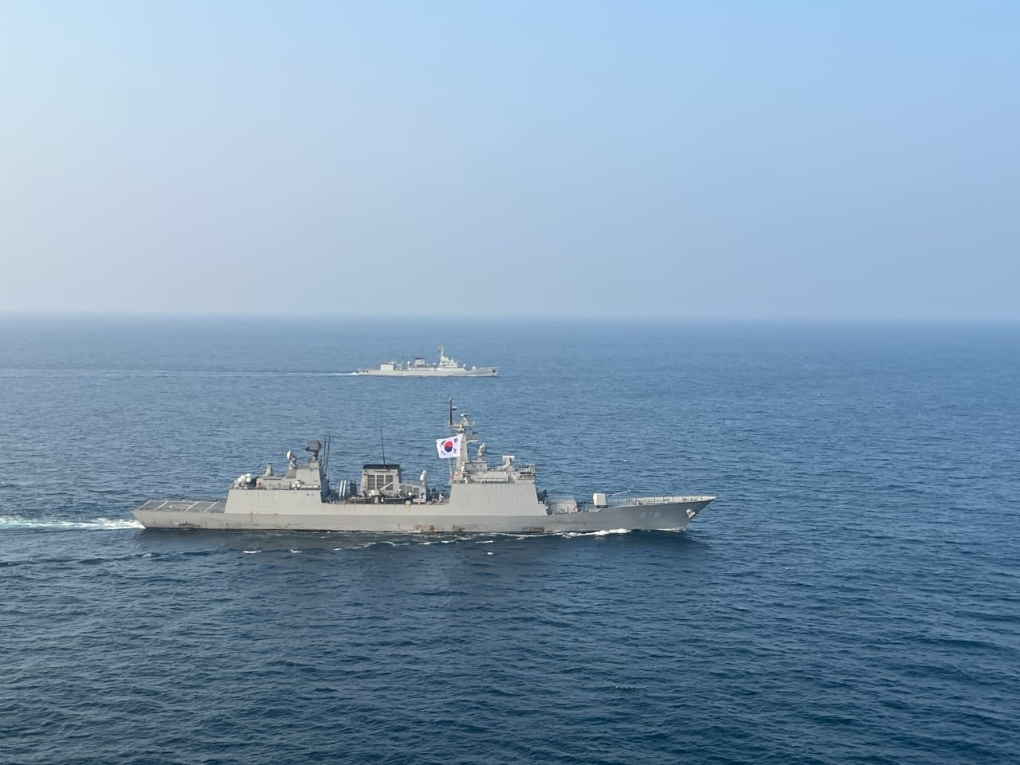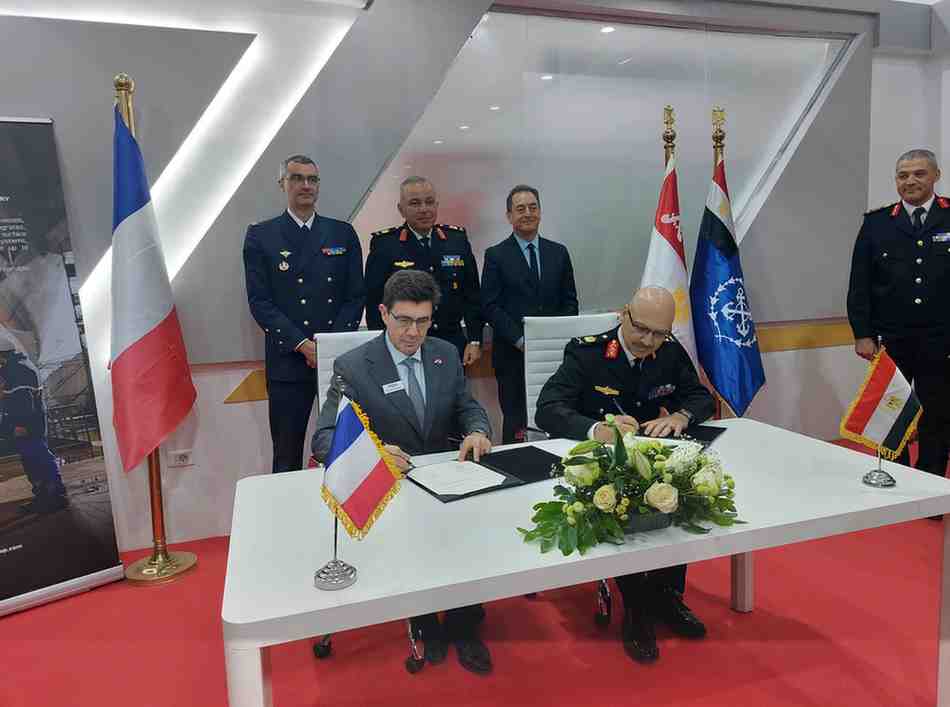The strategic collaboration between navies has become a cornerstone of ensuring peace and stability in geopolitically sensitive regions. Naval cooperation between Pakistan and South Korea is one such partnership with significant implications for regional and global security. This collaboration is underpinned by the convergence of geopolitical factors, shared maritime challenges, and mutual strategic interests, making it a critical avenue for fostering stability and enhancing bilateral relations.
Pakistan’s geographic position at the nexus of South Asia, Central Asia, and the Middle East grants it immense strategic importance. Its access to the Arabian Sea and proximity to the Strait of Hormuz, a vital energy and trade corridor, underscore its maritime relevance. The development of Gwadar Port, a key element of the China-Pakistan Economic Corridor (CPEC), further elevates its position as a crucial hub linking the Indian Ocean to Central Asia. In contrast, the Republic of Korea, as a global economic power, relies heavily on secure maritime trade routes for its energy imports and the export of goods. The Indo-Pacific region, which anchors South Korea’s maritime trade, faces increasing instability due to regional tensions and non-traditional threats like piracy and terrorism. These shared concerns over maritime security and trade route stability create a natural alignment of interests between the two nations.
Both countries face common challenges in the maritime domain. Piracy and maritime terrorism in the Arabian Sea, Gulf of Aden, and Indian Ocean threaten global commerce and regional security. Pakistan has demonstrated its commitment to counter-piracy initiatives through active participation in multinational operations like Combined Task Force 151. Similarly, South Korea’s Cheonghae Anti-Piracy Unit has conducted missions in the Gulf of Aden, underscoring its focus on securing maritime trade. Cooperation between the two navies in these areas could significantly enhance the effectiveness of such operations. Furthermore, issues like illegal fishing, resource exploitation, and climate-induced maritime challenges also demand coordinated efforts. As coastal states, both nations have a vested interest in preserving marine resources, ensuring environmental protection, and responding to natural disasters.
Naval cooperation offers several strategic benefits. It enhances regional stability by fostering trust, deterring potential threats, and promoting a collective approach to maritime challenges. Technological and tactical synergies between the two navies also present opportunities for mutual growth. South Korea’s advanced naval technologies and Pakistan’s operational expertise in conventional and asymmetric maritime warfare complement each other, creating opportunities for joint training, technology transfer, and collaborative research. This cooperation also strengthens diplomatic ties, offering a platform for dialogue and high-level exchanges that extend beyond the military domain.
However, certain challenges must be addressed to maximize the potential of this partnership. Pakistan’s close ties with China and strained relations with India may complicate South Korea’s engagement, given its strategic partnerships with the United States and India. Additionally, resource constraints and differing operational doctrines could hinder seamless collaboration. Effective communication, interoperability, and a clear institutional framework are essential for overcoming these hurdles.
To strengthen this partnership, both nations should consider establishing a bilateral naval cooperation framework that outlines shared goals and protocols. Regular joint exercises would enhance interoperability and build mutual trust, while annual maritime security dialogues could address emerging challenges and refine collaborative strategies. Leveraging South Korea’s advanced shipbuilding industry to support Pakistan’s naval modernization efforts could further deepen the relationship by fostering industrial and defense collaboration.
The partnership between the Pakistan Navy and the Republic of Korea Navy holds immense potential to address shared maritime challenges, enhance bilateral relations, and contribute to regional stability. By fostering deeper cooperation, both nations can safeguard their maritime interests while promoting peace and prosperity in the Indo-Pacific and beyond. With sustained commitment and strategic foresight, this collaboration could serve as a model for effective naval partnerships in the modern era.

Jihoon Yu
Jihoon Yu is the director of external cooperation and associate research fellow at the Korea Institute for Defense Analyses. Jihoon was the member of Task Force for South Korea’s light aircraft carrier project and Jangbogo-III submarine project. He is the main author of the ROK Navy’s Navy Vision 2045. His area of expertise includes the ROK-U.S. alliance, the ROK-Europe security cooperation, inter-Korean relations, national security, maritime security, hybrid-threats, and strategic weapons systems. He earned his MA in National Security Affairs from the U.S. Naval Postgraduate School and Ph.D. in Political Science from Syracuse University.
- Jihoon Yu#molongui-disabled-link
- Jihoon Yu#molongui-disabled-link
- Jihoon Yu#molongui-disabled-link
- Jihoon Yu#molongui-disabled-link













